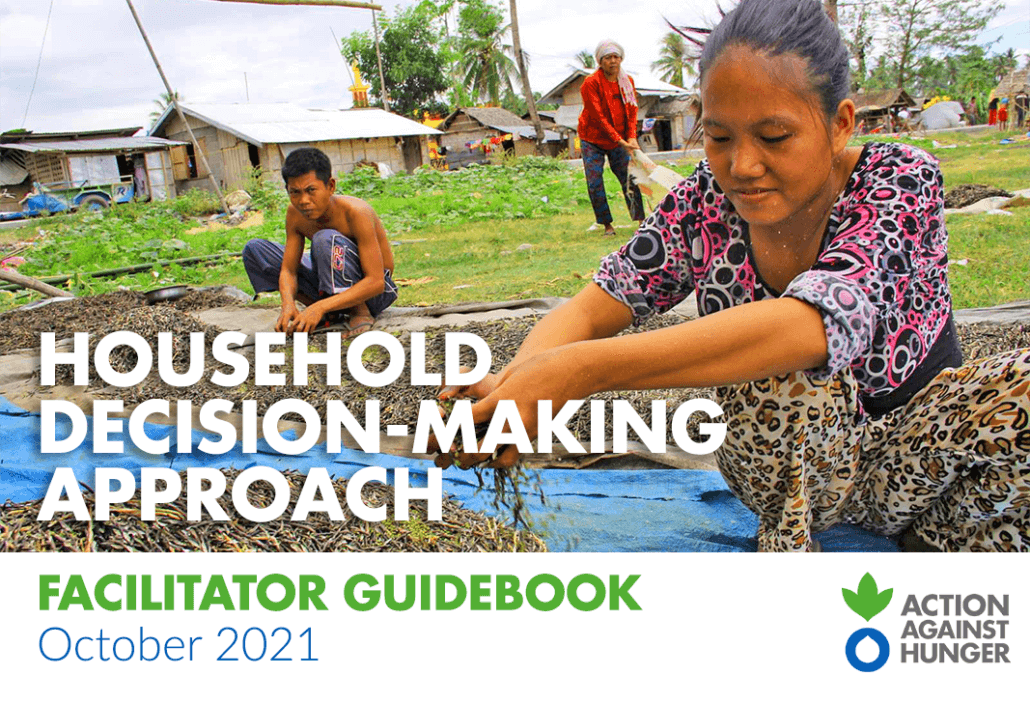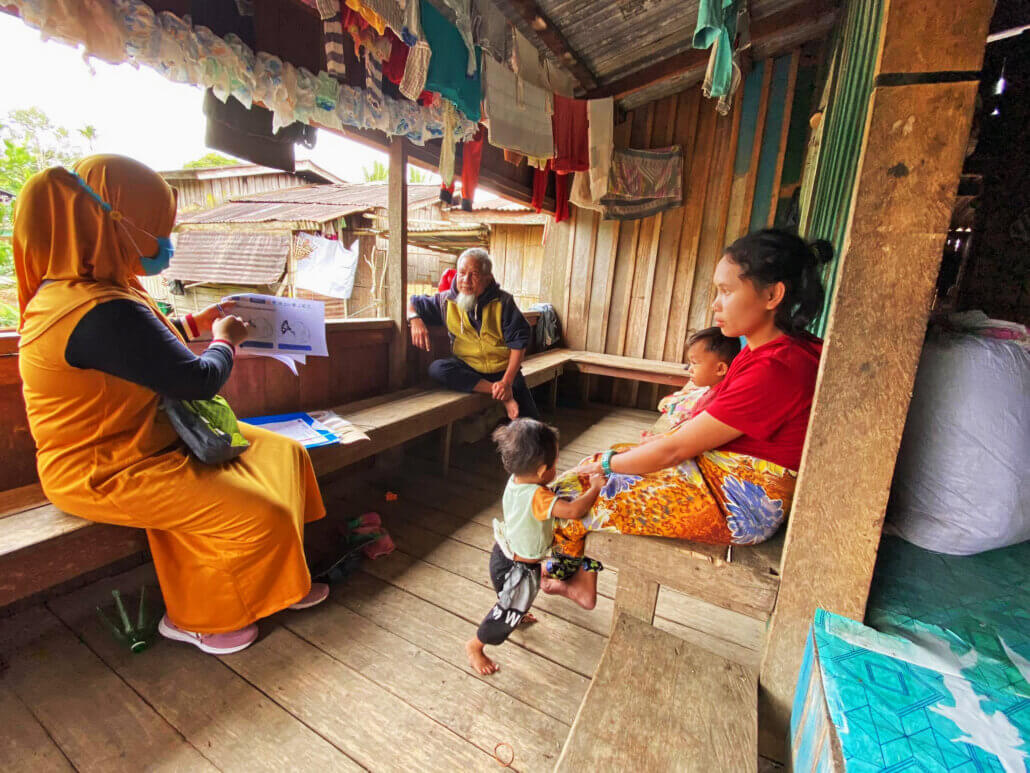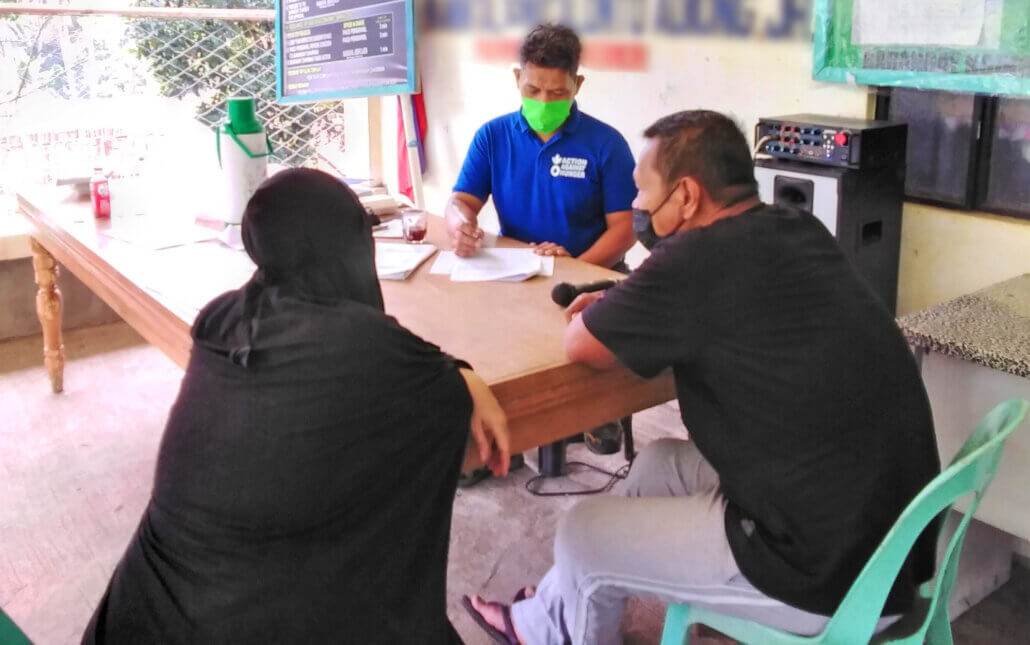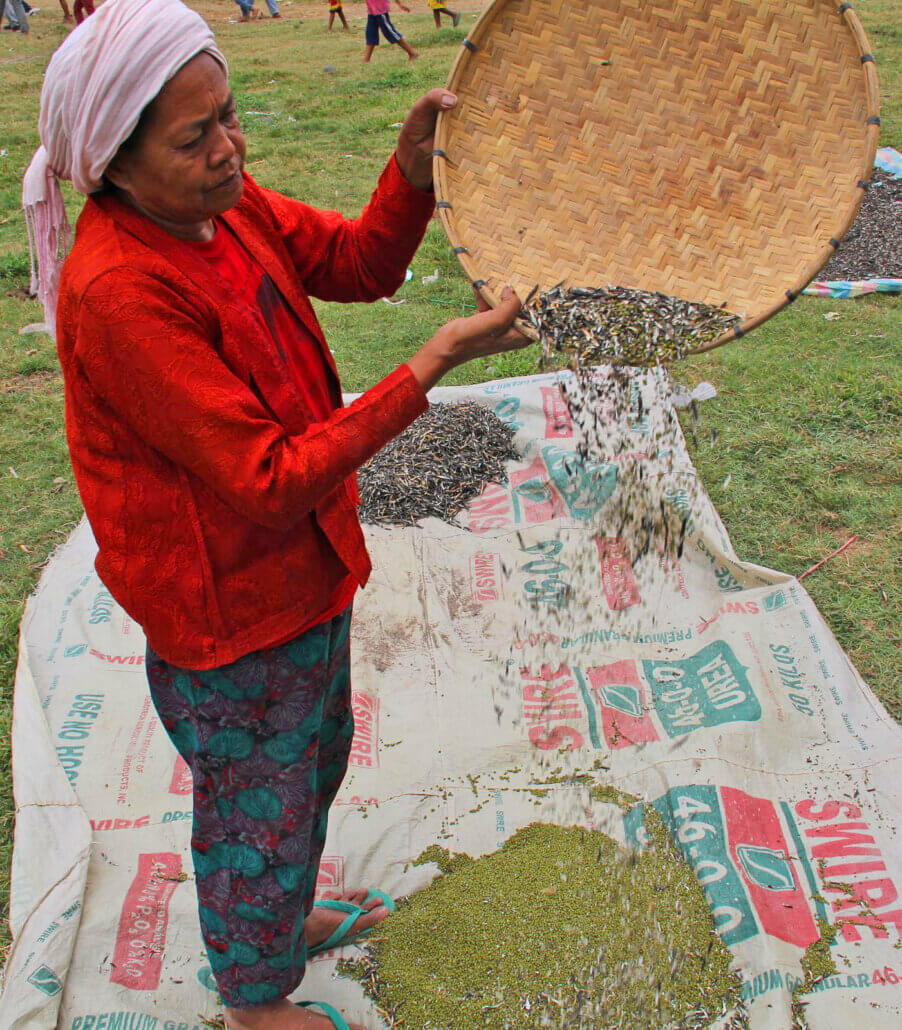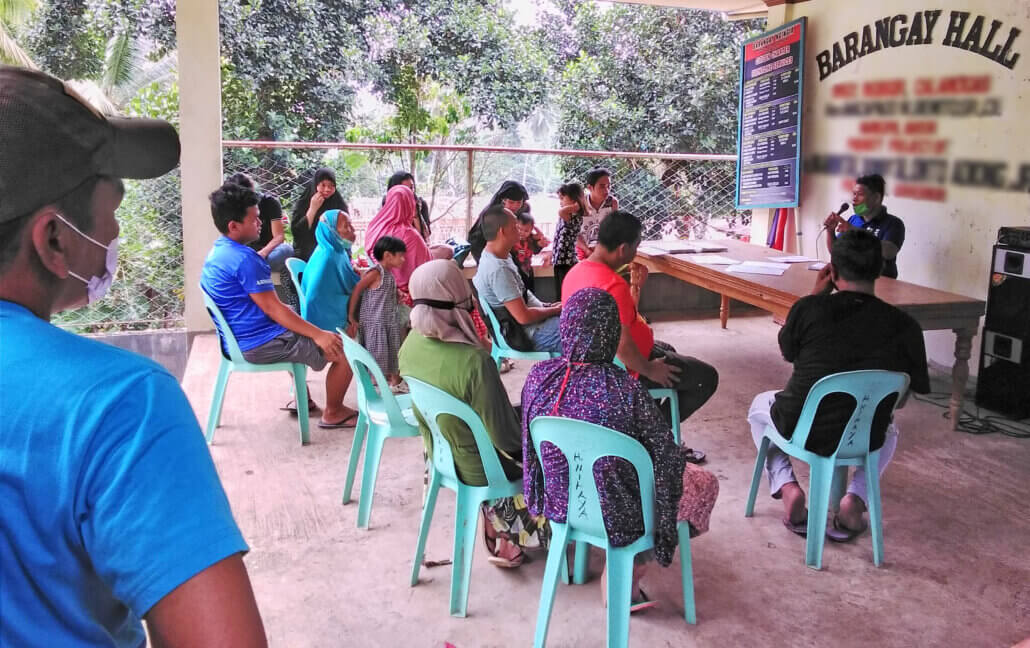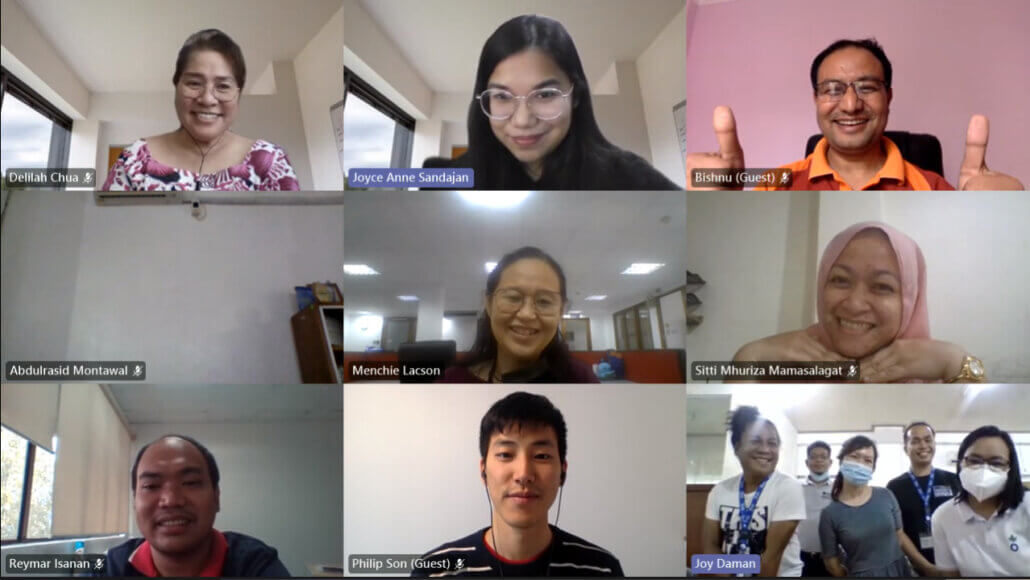Real Life Heroes: Rural Women for Community Resilience
Gemma Andot is a women’s leader in the MADADMA Community, part of the Obo Manobo indigenous group. Since 2020, she has been an active volunteer of Action Against Hunger in promoting community resilience through the ECHO-funded MOVE UP project.
This International Day of Rural Women, we highlight and celebrate women like Gemma. Get to know her and how she engages and inspires her community in Ilomavis, Kidapawan City towards resilience.
How long have you been working as a humanitarian worker (volunteer)?
“Since 2012, isa na akong aktibong IP Community member na aktibong sumasali at nagsasagawa ng pagtulong, pagvovolunteer sa pagpreserve ng aming kultura at kapaligiran. Sa tuwing may mga NGO na dumarating dito, nagvovolunteer ako lagi.”
Since 2012, I have been an active IP Community member actively participating and helping─volunteering to preserve our culture and environment. Whenever NGOs come here, I always volunteer.
What motivates you to continue volunteering?
“Naiintindihan ko kasi ang hangarin at adbokasiya ng Urban Resilience lalo na sa usapin ng pagse-savings. Gusto ko maging involved sa paghahanda ng community kapag may dumating man na sakuna.”
[I understand the desire and advocacy of urban resilience, especially in the matter of savings. I want to be involved in making sure that my community is prepared if a disaster is to come.]
Why are you making this sacrifice?
“Hindi ko na iniisip ang sakripisyo, nakatingin nalang ako sa hinahanarap at sa magandang maaring maging resulta ng pag-sesave.”
[I don’t think about the sacrifices anymore, I just look at the future and the good that can be the result of having savings.]
What have been the challenges to your work?
“Minsan kailangan hatiin ang panahon ko para sa pamilya, negosyo, at community work, pero kaya naman kasi nandiyan naman palagi ang Action Against Hunger na kaagapay lalo na sa community.”
[Sometimes I need to divide my time between family, business, and community work─ but I’m able to do it because Action Against Hunger has been supporting us in the community.]
What motivates you to keep doing your work even these challenges?
“Nakikita ko kasi na balang araw ang mga kapwa ko IP ay magiging mas resilient kami kapag lahat kami naisabuhay ang pagsesavings.”
Seeing that one day, my fellow IPs will be more resilient when we all start having savings [motivates me].
What are you most proud of?
“Na dati nagsimula lang kami sa Agoho Community Savings Group. Ngayon, isa na kaming federation sa Kidapawan. Magpaparegister na din kami sa DOLE at SEC sa tulong ng Action Against Hunger at Public Employment Service Office ng LGU Kidapawan.”
Previously we just started with Agoho Community Savings Group. Now, we are a federation in Kidapawan. We will also register with the Department of Labor and Employment, and the Securities & Exchange Commission with the help of Action Against Hunger and the Public Employment Service Office of LGU Kidapawan.
How can you engage the youth in your line of work?
“Kami na mga magulang ay nagsesavings. Sana itong mga kabataan ay makita nila kami bilang magandang ehemplo. Sila na rin ay nagsesavings gaya namin kaya ebidensya ito na naiimpluwensyahan namin sila.”
[We parents are having savings. I hope these young people can see us as a good example. They are also saving like us, so this is evidence that we influence them.]
Read more about Gemma’s work the Pines (Agoho) Community Savings Group
Moving Urban Poor Communities Towards Resilience (MOVE UP 4) is a consortium project that offers durable solutions in terms of capacitating local governments and communities in mitigating the adverse socio-economic effects of disasters. With funding from the European Civil Protection and Humanitarian Aid, MOVE UP 4 was implemented by Action Against Hunger, Plan International, CARE Philippines, and ACCORD Incorporated.
International Day of Rural Women
Over the last century, the world’s population has steadily shifted from leading a rural existence to living in urban settings. Yet a vast amount of people (approximately 3.4 billion) are still living in rural areas. These rural communities are often characterized by limited access to resources, lower standards of living and generally high levels of poverty.
In the Philippines, around 2 million women work in rural industries including agriculture, fishing and mining. Yet land ownership for women remains low at around 10%. Women play a vital part in rural cultivation within the country yet are rarely the beneficiaries. To this end, significant land reform in accordance with gender transformative measures is required to address the situation.
Action Against Hunger has engaged with several projects across the Philippines to address the issues surrounding gender in rural communities. Specific focus has been placed on influencing household decision-making and ensuring gender is integrated into existing food security & livelihoods programming.


